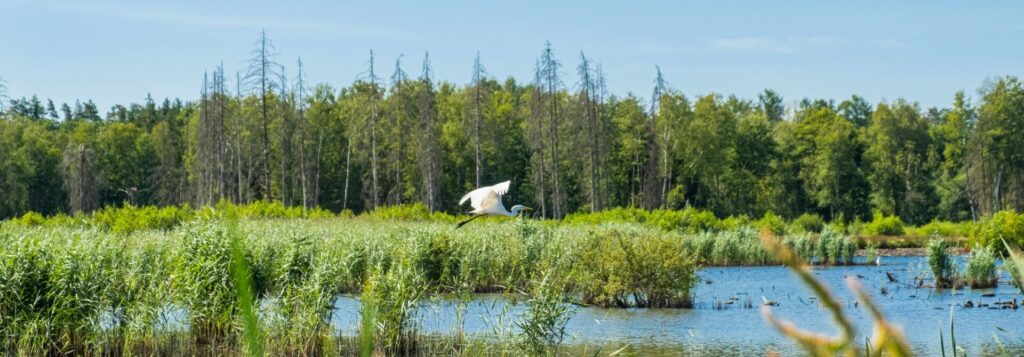
Conservation education and leadership training
The Center for Biodiversity Outcomes developed a program that provides basic literacy in the environment and ecological sustainability, with a particular focus on engaging underserved youth.
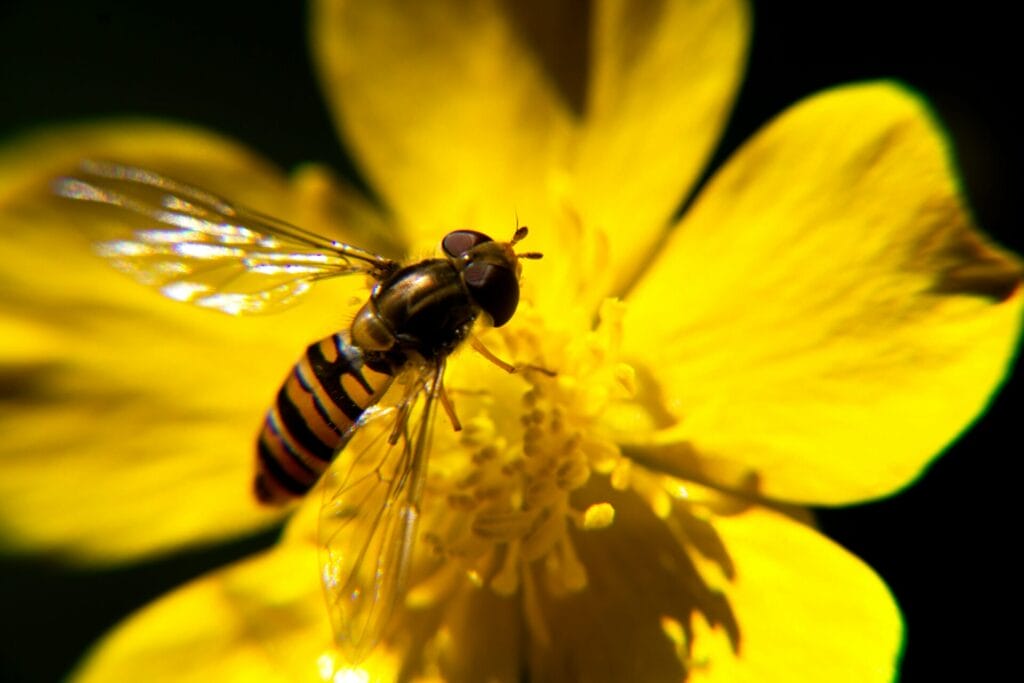
Conservation Solutions Lab
The Conservation Solutions Lab employs an evidence-driven interdisciplinary approach to bring knowledge of what works to conservation and development practitioners to advance effective and equitable engagement of communities in conservation programs. CSL is a collaborative initiative led by a unique partnership between the Arizona State University Center for Biodiversity Outcomes and Chemonics International.
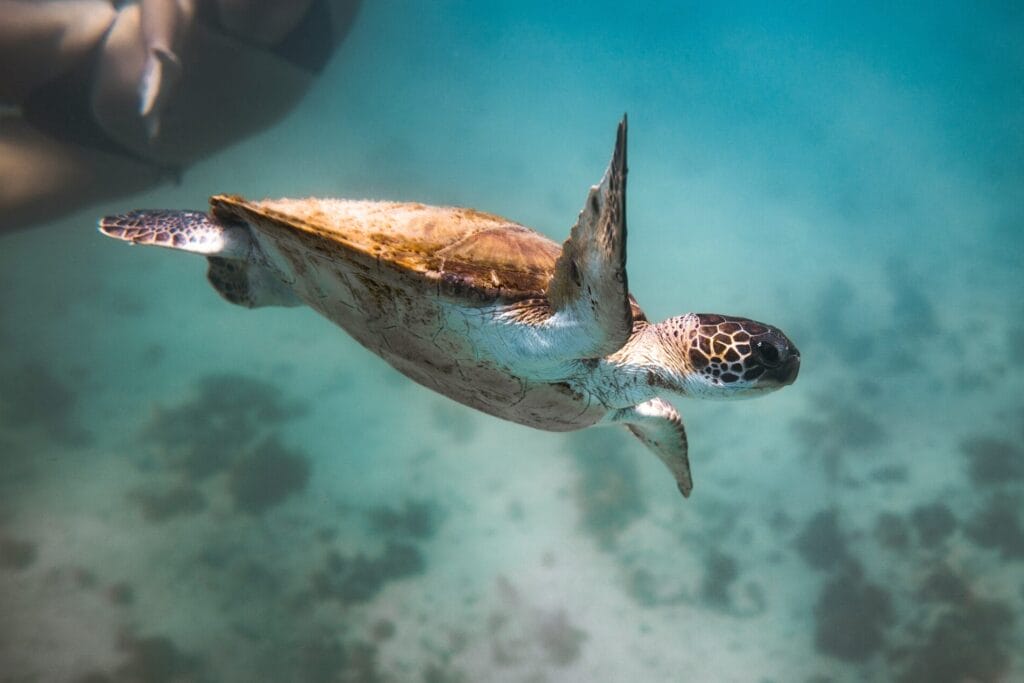
Decision science for endangered species risk assessment
The Center for Biodiversity Outcomes is working with Bayer to develop a decision-making tool to estimate the range of potential operational, reputational, legal and regulatory risks associated with compliance with the U. S. Endangered Species Act.
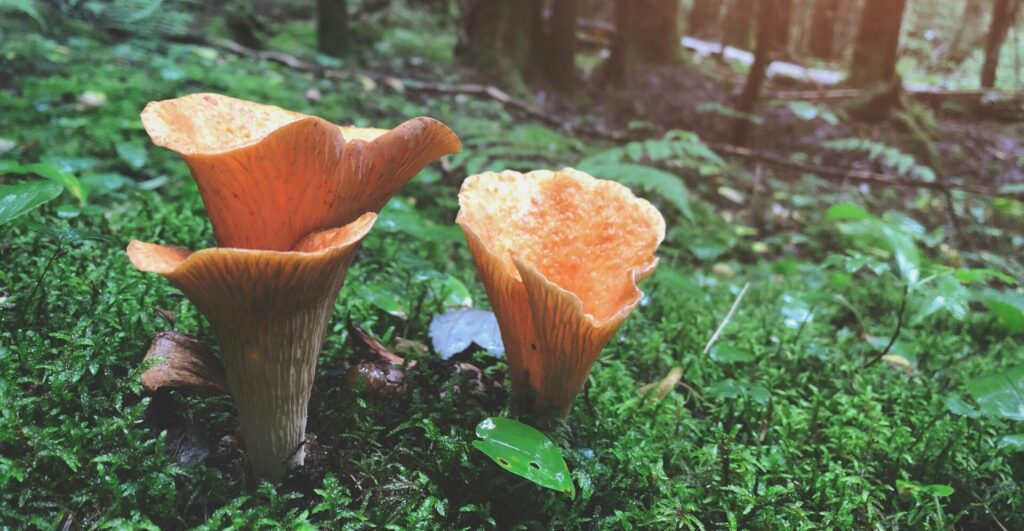
Natural capital protocols
Business impacts and depends on biodiversity, either directly through its operations or indirectly through supply chains. Measuring and valuing these impacts and dependencies can help to understand and uncover some potentially unseen business risks and opportunities. The Center for Biodiversity Outcomes is leading a project to develop a biodiversity supplement for the Natural Capital Protocol.
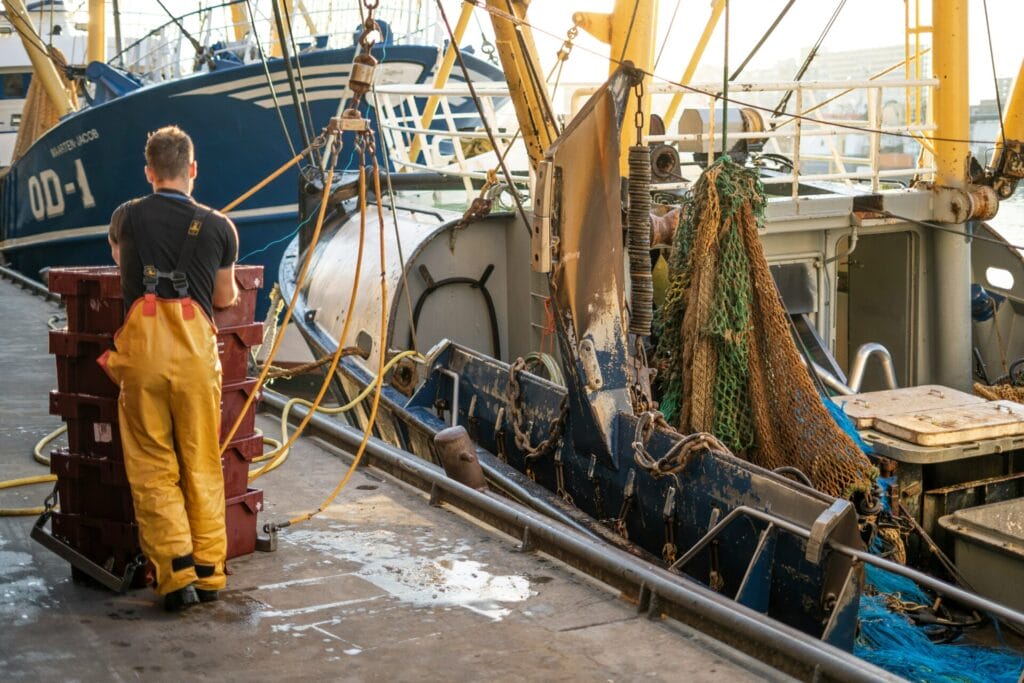
Socially responsible seafood
This project seeks to organize a community of practice, comprised of human rights and fisheries experts and practitioners, to catalyze the systematic integration of social responsibility into seafood supply chains.